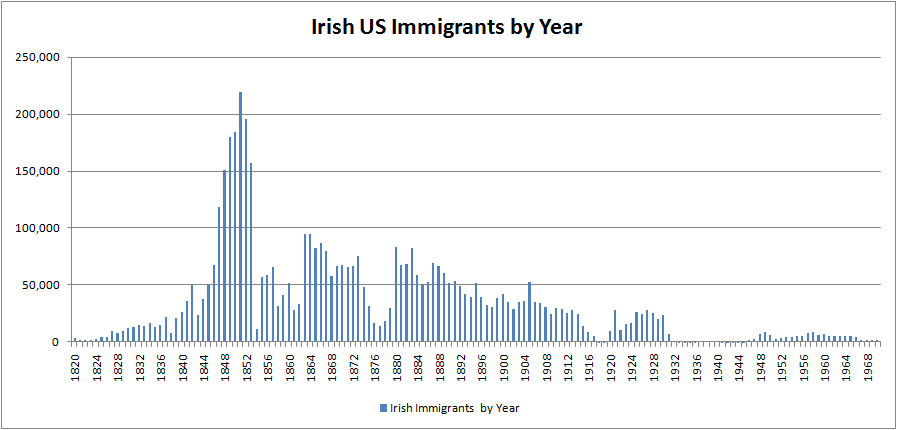Thank you for the discussion, it's fun and interesting to me and I hope to you.
nafod wrote: ↑Mon Nov 05, 2018 10:14 pm
Fat Cat wrote: ↑Mon Nov 05, 2018 9:09 pmMan does not live by bread alone. We are not just economic units. We are not defined by consumption.
Tell that to people starving in various countries.
Starvation is not addressed by mass migration. Shall we move on? My point, which you miss, is that material considerations are not the only ones.
nafod wrote: ↑Mon Nov 05, 2018 10:14 pm
Climate change is going to really force the issue, as climatological haves and have-nots move around and places like Bangladesh, already about 2" above sea level on a good day, get overwashed. Other places will see drought destroy agriculture. Mass migration of populations to follow.
Too bad for them. We're not going to overcome the challenges of climate change by opening the floodgates, increasing consumption and pollution, and why us? Let them move to China, it's right next door, and who by the way is the number one contributor of greenhouse gasses. Nobody has yet to explain to me any compelling reason why the US or Europe has any obligation to take on the burden of these places.
nafod wrote: ↑Mon Nov 05, 2018 10:14 pm
It is a Non Sequitur that immigration = cultural destruction. A great example goes on right around me...the Amish. They maintain their unique culture while still living in our community. Etc.
Tell that to the American Indian, Australian Aborigine, or the Hawaiian. You're wrong, you know it, and that's all there is to that. Mass immigration means
exactly cultural destruction.
nafod wrote: ↑Mon Nov 05, 2018 10:14 pmBut I agree with you that money spent making wherever they are now less of a shithole is money well spent. I agree they don't really want to leave their homelands either. A place like Somalia, for example, is very tribal with deep, deep roots that make our cultural ties look superficial, and things have to be bad for them to want to leave. Things we can do to help them not to want to leave are good.
Helping countries to develop also help lower that 6.3 kids/woman statistic. Higher income = fewer kids in general, oddly enough.
https://en.wikipedia.org/wiki/Income_and_fertility
The inverse relationship between income and fertility has been termed a demographic-economic paradox. Thomas Malthus, in his book An Essay on the Principle of Population, proposed that greater means (higher income) would enable the production of more offspring (a higher fertility rate). However, roughly speaking, nations or subpopulations with higher GDP per capita are observed to have a lower fertility rate (see the chart). This is the paradox.[7]
Malthus held that in order to prevent widespread suffering, from famine for example, what he called "moral restraint" (which included abstinence) was required. The demographic-economic paradox suggests that reproductive restraint arises naturally as a consequence of economic progress...
You are confused. Malthus held that there were two checks on famine: preventative and positive. Preventative checks are things like family planning and birth control; positive checks were things like war and pestilence. When you allow the pressure valve of mass migration, you prevent either of those mechanisms from acting on the population, you merely defer the problem to broader and more critical phase. Much better to isolate this problem than to let it spread, with all the environmental and cultural destruction that it results in.
nafod wrote: ↑Mon Nov 05, 2018 10:14 pmKaran Singh, a former minister of population in India, illustrated this trend by stating "
Development is the best contraceptive."
Contraceptives are the best contraceptive. Our objective should be to peacefully depopulate the Middle East, Africa, and Asia, not invite it over to stay.



